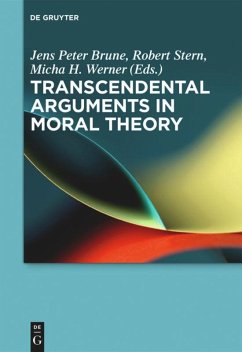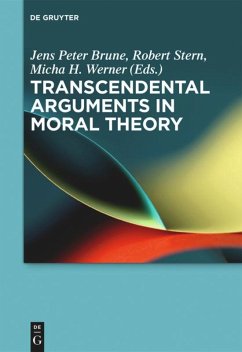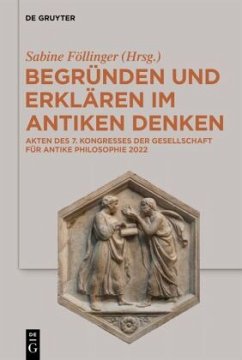Nicht lieferbar

Left-Kantianism in the Marburg School
Versandkostenfrei!
Nicht lieferbar
Widmer sheds light on a neglected aspect of the Western philosophical tradition. Following an era of Hegelianism, the members of the neo-Kantian "Marburg School," such as Friedrich Albert Lange, Hermann Cohen, Rudolf Stammler, Paul Natorp, and Ernst Cassirer defended socialism or left-wing ideals on Kantian principles.In doing so, Widmer breaks with two mistaken assumptions. First, Widmer demonstrates that the left-Hegelian and Marxist traditions were not the only significant philosophical sources of socialist critique in nineteenth-century Germany, as the left-Kantians identified problems of ...
Widmer sheds light on a neglected aspect of the Western philosophical tradition. Following an era of Hegelianism, the members of the neo-Kantian "Marburg School," such as Friedrich Albert Lange, Hermann Cohen, Rudolf Stammler, Paul Natorp, and Ernst Cassirer defended socialism or left-wing ideals on Kantian principles.
In doing so, Widmer breaks with two mistaken assumptions. First, Widmer demonstrates that the left-Hegelian and Marxist traditions were not the only significant philosophical sources of socialist critique in nineteenth-century Germany, as the left-Kantians identified problems of normativity that the left-Hegelians could not adequately address.
Second, Widmer challenges the prevailing assumption that the political philosophies developed in the Marburg School can be comprehensively characterized as a unified school of "ethical socialism." By showing that they varied fundamentally regarding their political views and their philosophical foundations of socialism, Widmer fills a gap in the studies of neo-Kantianism that is long overdue.
In doing so, Widmer breaks with two mistaken assumptions. First, Widmer demonstrates that the left-Hegelian and Marxist traditions were not the only significant philosophical sources of socialist critique in nineteenth-century Germany, as the left-Kantians identified problems of normativity that the left-Hegelians could not adequately address.
Second, Widmer challenges the prevailing assumption that the political philosophies developed in the Marburg School can be comprehensively characterized as a unified school of "ethical socialism." By showing that they varied fundamentally regarding their political views and their philosophical foundations of socialism, Widmer fills a gap in the studies of neo-Kantianism that is long overdue.












